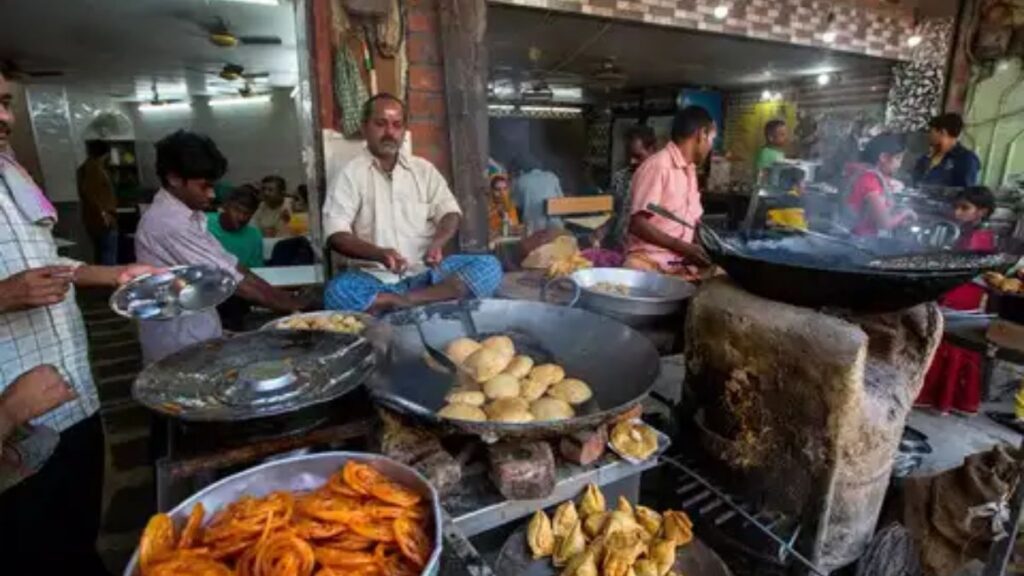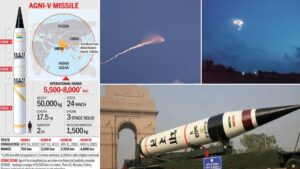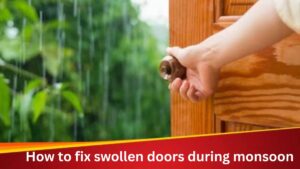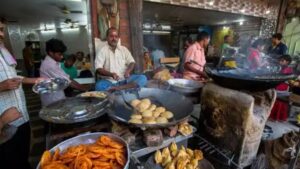7 Street Foods to Avoid in Monsoon to Stay Healthy

Street foods like golgappa and pakoras can be risky during monsoon due to unhygienic conditions
Most of us love rains and eagerly await monsoons. One more attraction of monsoons is eating pakoras, spicy foods and street food. Naturally the welcome break from sweltering summer heat excites us and we want to venture outdoors, eat out and generally enjoy life. However, increased humidity and water contamination affects the street food quickly and carelessly eating without evaluating hygiene can spoil the entire rainy season.
Even though food cravings tend to take over logic, it is best to avoid these 7 street foods during rainy season to avoid food-borne diseases.
Cut Fruits from Roadside Vendors
Fruits sold in the open are exposed to flies, dust, and damp air, making them unsafe. Since they’re often left uncovered, spoilage happens quickly.
Health risks: Typhoid, diarrhea, stomach infections.
Golgappa / Pani Puri / Puchka
The flavored water used in golgappas is usually made with unfiltered or reused water, which can easily carry infections.
Health risks: Cholera, jaundice, dysentery.
Chaats (Bhel Puri, Dahi Puri, Sev Puri)
With raw onions, tomatoes, and chutneys, chaats are highly prone to contamination during the damp monsoon weather.
Health risks: Food poisoning, stomach cramps, indigestion.
Pakoras and Bhajiyas from Roadside Stalls
Though fried, many vendors reuse the same oil multiple times. In humid conditions, oil turns rancid faster, making it harmful.
Health risks: Acidity, inflammation, long-term heart issues.
Ice Gola, Chuski, Street Kulfi
These icy treats often use unhygienic ice and artificial syrups that can be dangerous for health.
Health risks: Sore throat, tonsillitis, typhoid.
Samosas and Kachoris
The fillings, especially potatoes and lentils, spoil quickly in humid weather. If not stored properly, they can become unsafe.
Health risks: E. coli, salmonella infections.
Street Chowmein / Noodles
Prepared in open conditions with stale sauces and questionable water, street noodles are one of the riskiest foods in monsoon.
Health risks: Gastroenteritis, food poisoning, bloating.
How to Stay Safe During Monsoon?
- Eat freshly cooked food that is served hot.
- Avoid pre-cut fruits or raw salads.
- Drink only boiled or purified water.
It’s tempting to enjoy roadside snacks when it rains, but choosing health over taste can prevent a lot of trouble. Simply restricting to home-cooked meals during this season can help you stay safe and healthy.
Disclaimer: This article is information only and should not be treated as medical advice. Please consult a doctor for specific health concerns.





